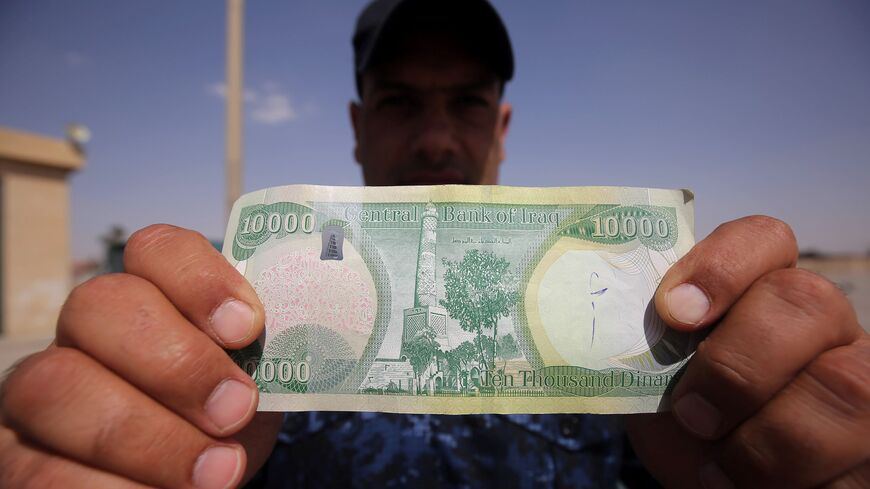In a significant development, Iraq’s Ministry of Interior has implemented a ban on the use of the U.S. dollar for personal and business transactions, aiming to strengthen the national economy and minimize the influence of foreign currencies.
The ban, which came into effect recently, forms part of a strategy designed to boost the usage of the country’s fiat currency, the Iraqi dinar. This move is also aimed at curtailing the rampant use of the U.S. dollar, which has been particularly pronounced in black market transactions.
This policy shift aligns with Iraq’s intention to join the BRICS bloc – an alliance of emerging economies comprising Brazil, Russia, India, China, and South Africa. Membership in this bloc would provide Iraq with an alternative to its current dependence on the U.S. dollar for global trade. According to reports, Iraq is among 24 countries that have expressed an interest in joining the BRICS alliance and adopting its proposed new currency for international transactions.
A key aspect of this initiative is to address the discrepancy between the official exchange rate offered by the government and the rate prevalent in the black market. This difference has been a significant contributor to inflation and price surges in Iraq, causing financial instability. By focusing on enhancing the use of the Iraqi dinar, the government intends to bring stability to the national economy and strengthen its sovereignty.
In its statement, the Ministry emphasized that the dinar is Iraq’s national currency and transacting in it instead of foreign currencies would bolster the country’s economy. It further clarified that transactions conducted in any currency other than the Iraqi dinar could attract legal penalties, as the government is committed to holding accountable anyone found undermining the Iraqi economy and currency.
To enforce this ban, the Interior Ministry’s Anti-Organized Crime Directorate has taken proactive steps. Traders have been asked to sign pledges, promising to conduct business exclusively in the Iraqi dinar. Violations of this law have been made punishable by fines of up to one million Iraqi dinars, roughly equivalent to $680.
Hussein Al-Tamimi, the Director of Operations at the Anti-Organized Crime Directorate, added that repeat offenses would be met with more severe penalties, including potential imprisonment. He also warned that the business licenses of repeat offenders could be revoked, underlining the government’s determination to uphold this law.
This new policy has already begun to impact the dollar exchange black markets, which are now limiting their activities and serving only known customers due to the increased risk. However, this measure has also affected Iraqi citizens who need dollars for significant purchases like real estate and automobiles, as these transactions are often demanded to be made in foreign currency.
In conclusion, this bold move by the Iraqi government represents a significant shift in the country’s economic policy. It is likely to have far-reaching effects on the domestic economy and the nation’s approach to international trade and finance. While it may pose short-term challenges, the long-term goal is to strengthen the Iraqi dinar and reduce the country’s dependence on the U.S. dollar. Moreover, the potential expansion of the BRICS bloc and the adoption of its new currency could further diminish the dominance of the U.S. dollar in global trade, marking a notable shift in the global economic landscape.












